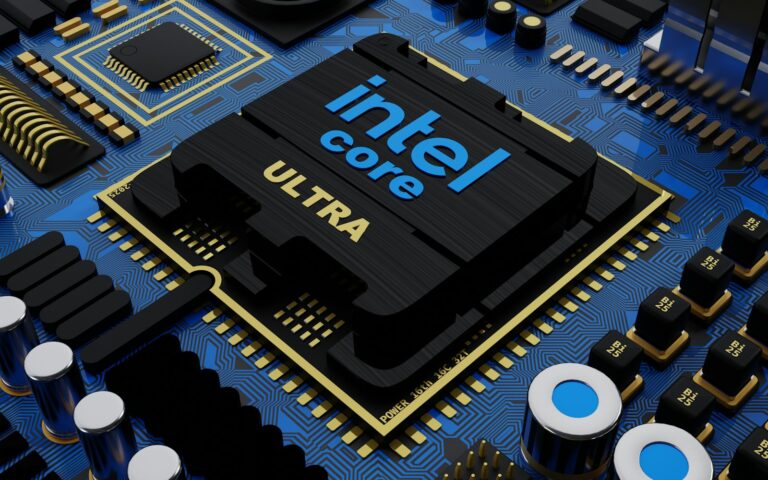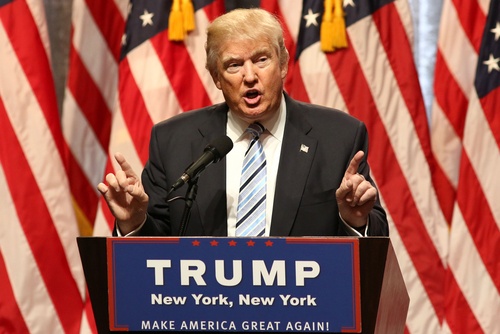Key Takeaways:
– Intel officials express alarm about Donald Trump’s nomination of former Rep. Tulsi Gabbard as DNI.
– There is growing consensus stating that Gabbard’s appointment is unacceptable.
– Key U.S. allies hint at refusing to share intel with the U.S. if Gabbard comes into power.
– There are concerns about safety as allies may withhold intelligence.
Alarms Raised Over Trump’s Nominee
Tension is brewing in Washington over Donald Trump’s nomination of former Rep. Tulsi Gabbard as his Director of National Intelligence (DNI). This nomination is causing a stir among current and former intelligence officials, both domestically and internationally. Many find this choice extremely alarming.
Why is Gabbard’s Nomination a Problem?
The answer to this question lies in the growing consensus among officials who deem Gabbard unfit for the position. This consensus isn’t limited to U.S officials but extends to key U.S. allies. These allies are voicing concerns and indicating reluctance to share intelligence with Gabbard should she assume the role of DNI.
Reports show that authorities from Britain, France, and Israel have hinted at the possible withholding of their intelligence with Gabbard in power. Considering these countries’ integral role in providing information significant to U.S. security, this is a concern that can’t be ignored.
Gabbard’s Controversial Associates
Besides just her nomination, Gabbard’s relationship with controversial figures further bolsters the concerns. She is known to have echoed statements emitted from Moscow and has close ties with the Syrians. This raises more alarm bells.
How Does this Affect the U.S.?
If our allies choose not to share their intelligence with the U.S. because of mistrust towards Gabbard, this could result in a serious lack of potentially mission-critical information. The larger implication of this would be the reduction of trust our allies have in us.
The Long-Term Effects
This could trigger a ripple effect, where the reluctance of one ally may influence others to follow suit, creating a dangerous precedent. The potential outcome? The U.S. having to bite the bullet and operate with less intelligence feedback from our international colleagues. Furthermore, it could lead to tensions between the U.S. and its allies, hampering long-standing relationships.
Safety Concerns Raised
With less intelligence from our allies, it’s reasonable to worry about the nation’s safety. There is an increased risk of being caught off-guard if a threat arises, with fewer sources of key information.
How Does Trump Fit into All This?
Also of concern is Donald Trump’s own record with handling sensitive intel, exacerbating concerns around Gabbard’s appointment. This isn’t just about Gabbard. It’s about the reliability of the U.S.’s intelligence framework as a whole.
The Risks of Placing Trust
Trust goes both ways. Our allies must believe that the U.S. will use their information responsibly. Likewise, the U.S. should be confident in the person leading its intelligence department. If either of these trusts falters, it poses a risk to everyone involved.
In Summary
Given these various layers of concern related to Gabbard’s nomination, there’s naturally a lot of anxiety about what lies ahead for our relations with our key allies. Will they follow through on their warning, or is this a red flag to reconsider Gabbard’s appointment? Only time will tell. What’s clear now is that the U.S. intelligence framework faces some potentially drastic changes depending on the nomination’s outcome.









